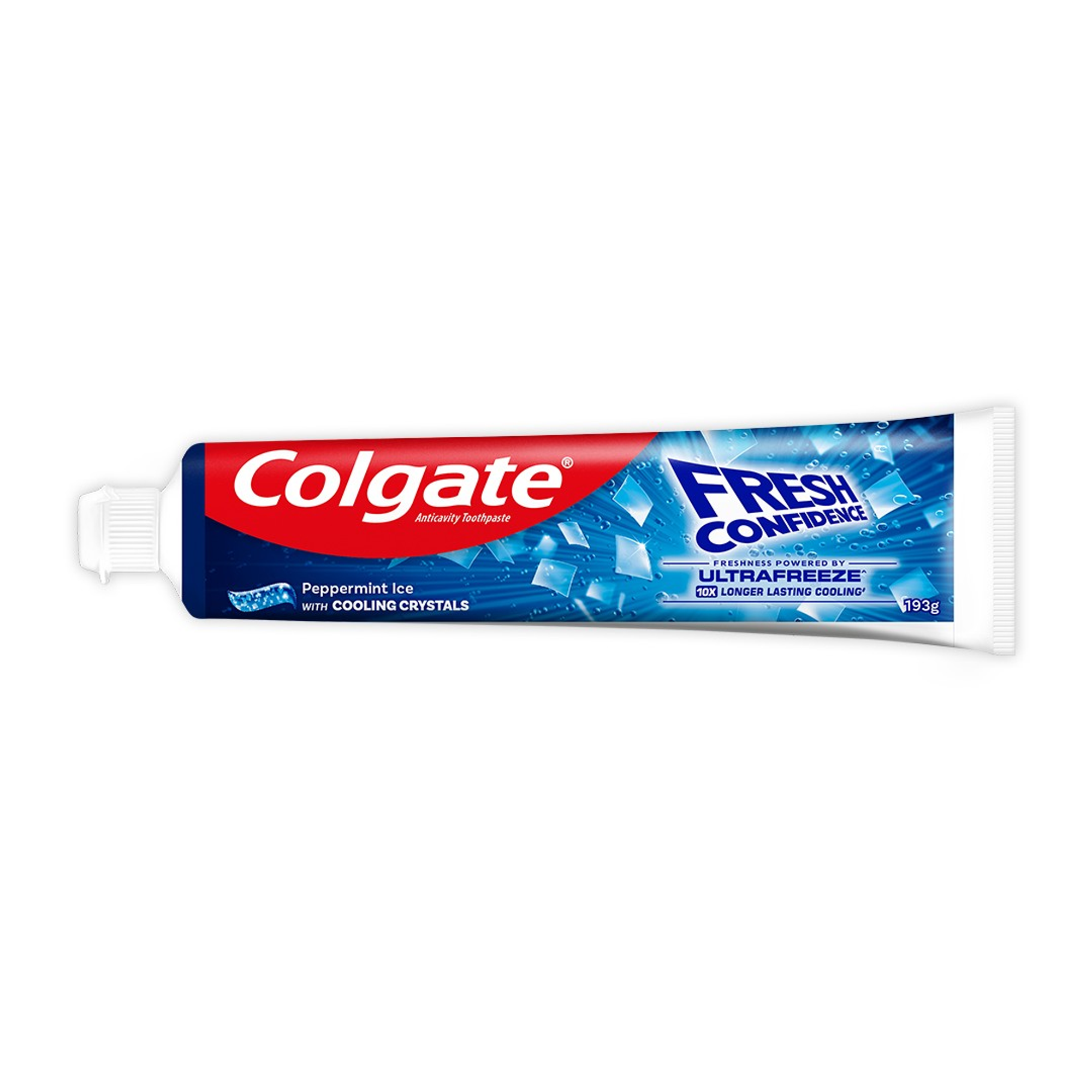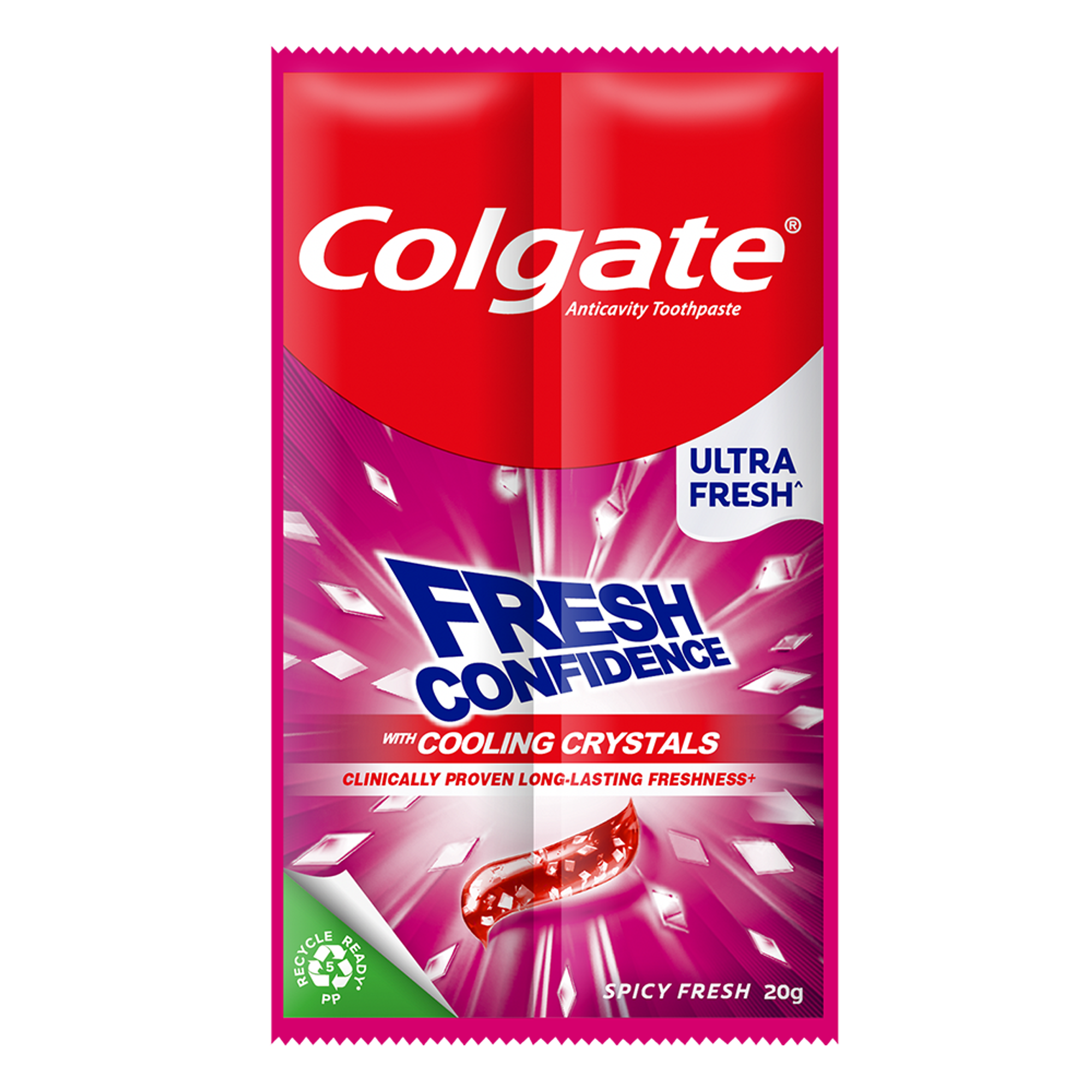What is Bad Breath?
Bad breath, medically termed halitosis, is an unpleasant odour from the mouth. It can be temporary, such as "morning breath," or it can persist throughout the day. Chronic halitosis affects a significant portion of the population and often impacts one's social interactions and self-confidence.
The mouth odor can vary in intensity, ranging from mild to intense, smelling sulfur compounds, fishy, or rotting food, depending on the underlying cause. Most bad breath originates from the mouth, but it can also come from other parts of the body.
How Common is Bad Breath?
Bad breath affects over 50% of the general population. 90% of cases are due to poor oral hygiene, tongue coating, periodontal disease, and other oral health issues. Non-oral sources account for 9% of the cases, while diets or medications account for about 1% of cases.
Many people are not aware of their breath smell because it is hard to notice oneself. Managing bad breath involves finding its cause through a dental examination and improving oral hygiene and dental care.
What Causes Bad Breath?
Bad breath can stem from various factors within and outside the mouth. Some causes are temporary, while others may indicate underlying health issues. Here are some common factors:
Dry Mouth
Dry mouth, or xerostomia, occurs when there's insufficient saliva to cleanse the mouth and wash away food particles and bacteria. Without adequate saliva, bacteria thrive, leading to bad breath. Caused include:
Certain medications
Salivary gland issues
Mouth breathing
Dehydration
To prevent dry mouth, drink plenty of water and stay hydrated throughout the day. Use sugar-free chewing gum to help produce enough saliva. If necessary, your dentist may also recommend artificial saliva, saliva substitutes, mouth sprays, or mouthwashes designed to combat dry mouth.
Tonsil Stones
Tonsil stones, or tonsilloliths, are small, whitish deposits in the crevices of the tonsils. They're composed of trapped food particles, bacteria, and dead cells. As they accumulate and decompose, they can cause bad breath. Tonsil stones are more common in people with:
Large or cryptic tonsils
Chronic tonsillitis
Poor oral hygiene
Gum Disease
Gum disease, including gingivitis and periodontitis, is a significant cause of bad breath. Bacteria along the gum line produce toxins that irritate the gums and create pockets where more bacteria can thrive, resulting in an unpleasant odor. Signs of gum disease include:
Red, swollen gums
Bleeding while brushing
Receding gums
You can schedule an appointment with a periodontist (gum disease specialist) who can determine if gum disease is the cause of halitosis.
Diabetes
Uncontrolled diabetes can contribute to bad breath in several ways:
High blood sugar levels can cause a sweet, fruity breath odor.
Increased risk of gum disease due to reduced ability to fight infections.
Ketoacidosis, a complication of diabetes, can cause distinctive "acetone" breath.
People with diabetes should maintain reasonable blood sugar control and pay extra attention to oral hygiene.
Cavities
Dental cavities or tooth decay can cause halitosis by trapping food particles, causing odor-producing bacteria. Regular dental checkups can catch and treat cavities before they worsen.
Dental Hygiene
Poor dental hygiene is a leading cause of bad breath. Neglecting oral care lead to:
Food particles remain in the mouth, promoting bacterial growth.
Plaque builds up on teeth and gums, harboring odor-causing bacteria.
The tongue accumulates a coating of bacteria and debris, especially at the back of the tongue.
Maintaining good dental hygiene through brushing, flossing, and tongue cleaning prevents bad breath.
How to Prevent Bad Breath?
Bad breath can be persistent but often preventable. Most people can significantly improve their breath freshness by adopting a comprehensive oral hygiene approach and simple lifestyle changes. Here are practical strategies for you to prevent bad breath and maintain optimal oral health.
Maintain a thorough oral hygiene routine by brushing your teeth with fluoride toothpaste for two full minutes twice daily.
Use dental floss or interdental brushes daily to remove debris trapped between teeth.
Using your toothbrush or a tongue scraper, incorporate tongue cleaning into your routine.
Use sugar-free gum after meals to increase saliva flow and freshen your breath.
Ensure proper hydration by drinking plenty of water for enough saliva production and natural mouth cleansing.
Minimize consuming beverages and substances that can lead to dry mouth, such as coffee, alcoholic drinks, and tobacco products.
Be mindful of your diet, reducing your intake of foods that cause strong odors, like garlic, onions, and spicy cuisines.
Seek treatment for any underlying medical conditions that might contribute to halitosis, including digestive issues or sinus infections.
Promptly address oral health conditions like gum disease, tooth decay, or problems with dental work or orthodontic appliances like dentures to prevent bacterial buildup.
Include an alcohol-free, antibacterial mouthwash to protect against odor-causing bacteria in your daily routine.
When to See a Dental Professional?
While everyone can manage many cases of bad breath with good oral hygiene and lifestyle changes, some situations need professional attention for bad breath solutions. Consider consulting a dentist or doctor if:
Good oral hygiene isn't enough: If you are brushing twice a day, flossing regularly, and using mouthwash, but your bad breath persists, it may indicate an underlying dental issue that requires professional attention.
Continuous bad odor: While morning breath is common, persistent bad breath throughout the day isn't normal. If your halitosis doesn't improve after eating or practicing oral care, it's time to consult a dentist.
Presence of other oral symptoms: Watch for signs like gum tenderness, tooth sensitivity, changes in your tongue's appearance (color or texture), or chronic dry mouth. These symptoms and bad breath could signal conditions like gum disease or other oral health problems that need professional evaluation.
Unexplained changes: Get a dental check-up for any sudden or unexplained alterations in your breath odor, especially if accompanied by a metallic taste or other unusual flavors.
In conclusion, bad breath, or halitosis, is a prevalent issue that can significantly affect confidence and social interactions. Understanding what causes bad breath, from dry mouth and gum disease to dietary choices, enables individuals to take proactive steps toward prevention and management. By maintaining a proper oral hygiene routine and seeking professional help when necessary, most people can effectively combat bad breath and enjoy fresh, healthy breath.
Frequently Asked Questions
1. What is the most common cause of bad breath?
The most common cause of bad breath is poor oral hygiene, which leads to a buildup of bacteria in the mouth, food particles, and plaque. Neglecting to brush and floss regularly allows these odor-causing elements to accumulate, resulting in persistent halitosis.
2. What causes bad breath even after brushing?
Bad breath can persist even after brushing due to factors like dry mouth, gum disease, or food breakdown in the stomach that releases odor-causing compounds into the bloodstream. Certain medications, medical conditions, or habits like mouth breathing can contribute to dry mouth, reducing saliva flow and allowing bacteria to thrive.
3. How to fix bad breath from the stomach?
To address bad breath from the stomach, staying well-hydrated and avoiding foods that can worsen the issue, such as garlic and onions, is important. Eating smaller and more frequent meals can also improve digestion and reduce odor. If bad breath persists, consult a healthcare professional to identify and treat any underlying gastrointestinal conditions, such as acid reflux or infections.
4. What causes bad breath from the stomach?
Bad breath from the stomach can result from digestive issues like acid reflux or infections, which produce unpleasant odors. Acid reflux, also known as gastroesophageal reflux disease (GERD), allows stomach contents to flow back into the esophagus, releasing foul smells. Additionally, bacterial overgrowth in the digestive tract can generate odor-causing gases.














